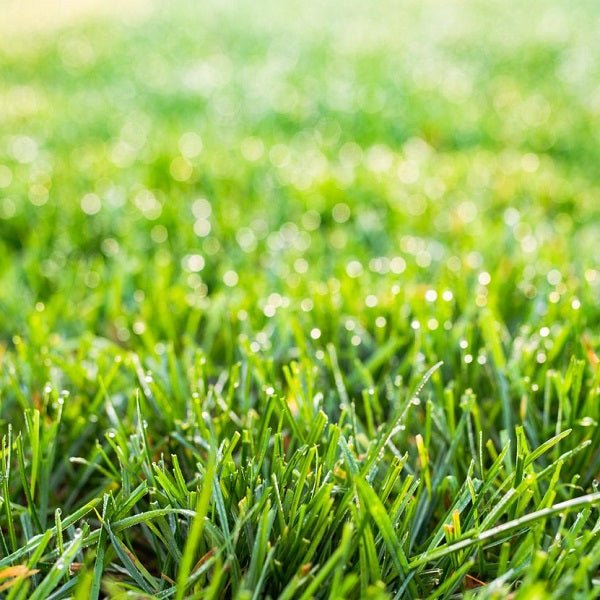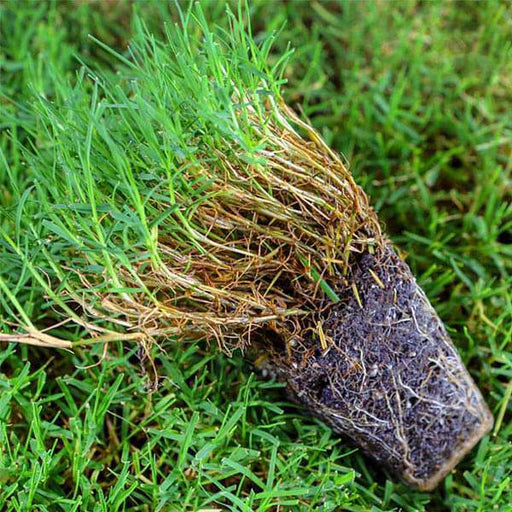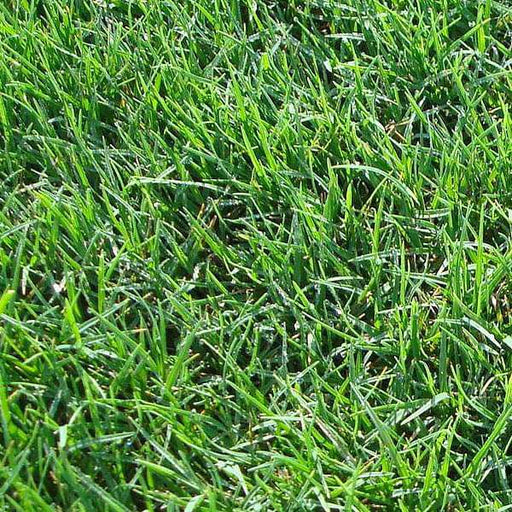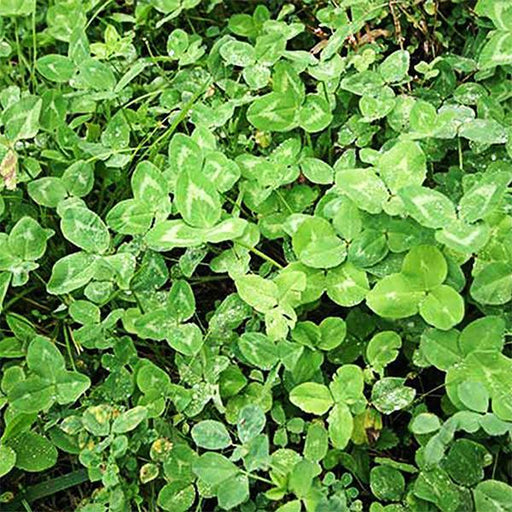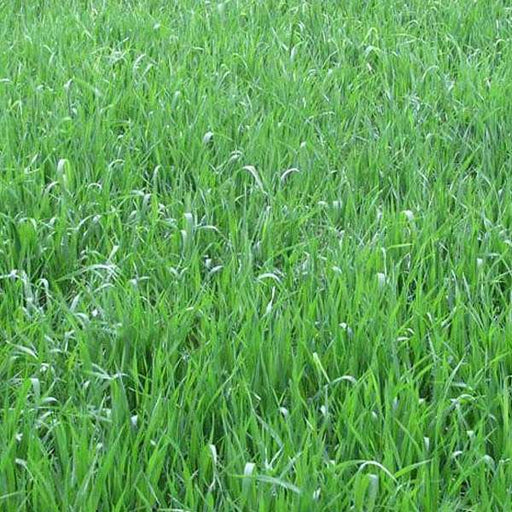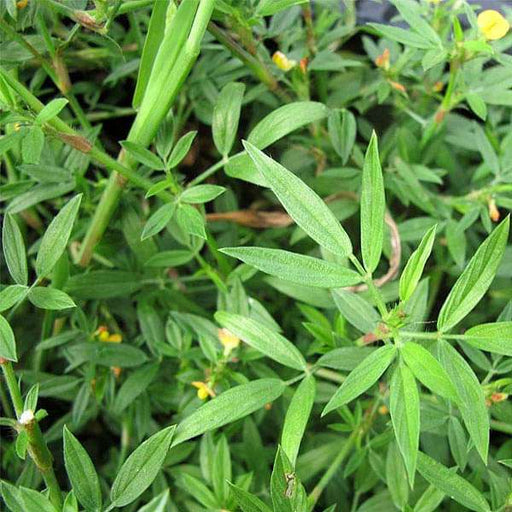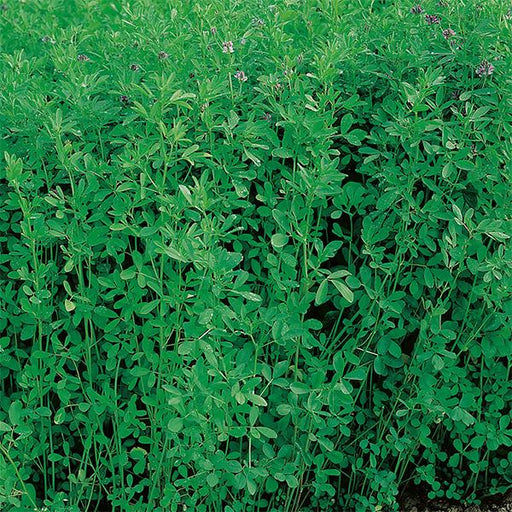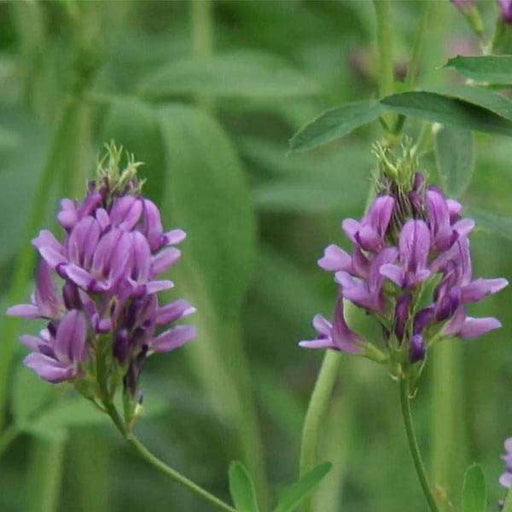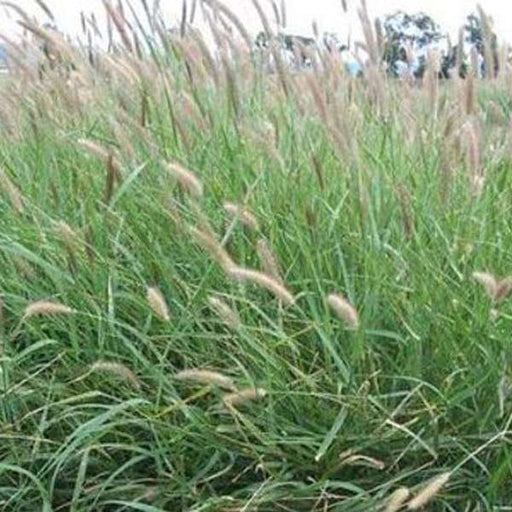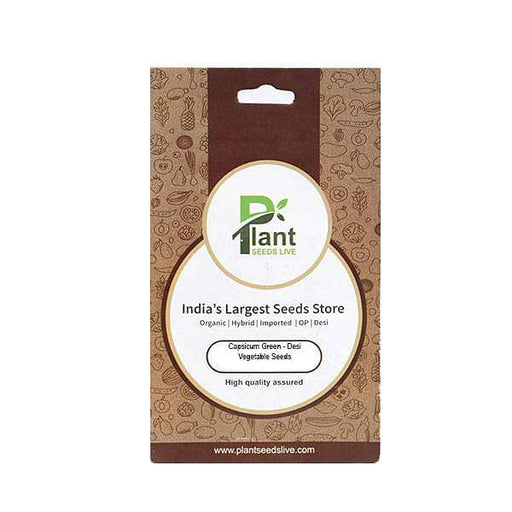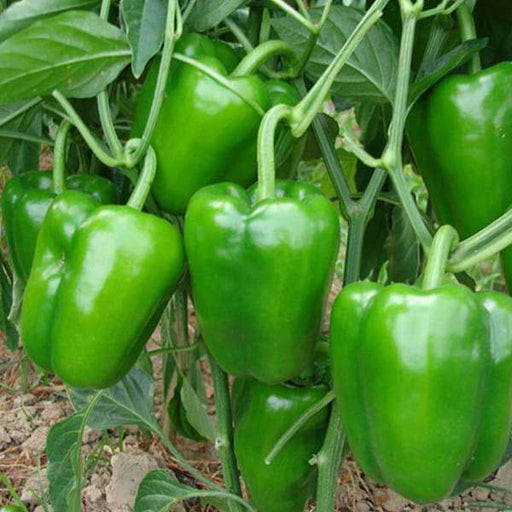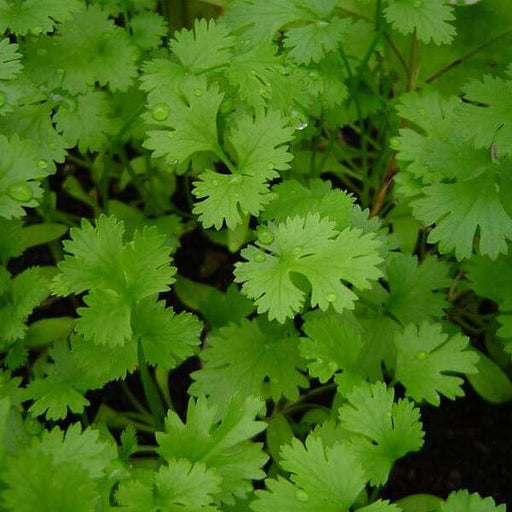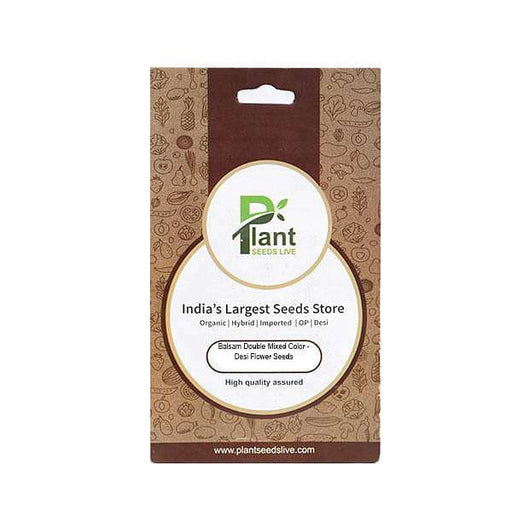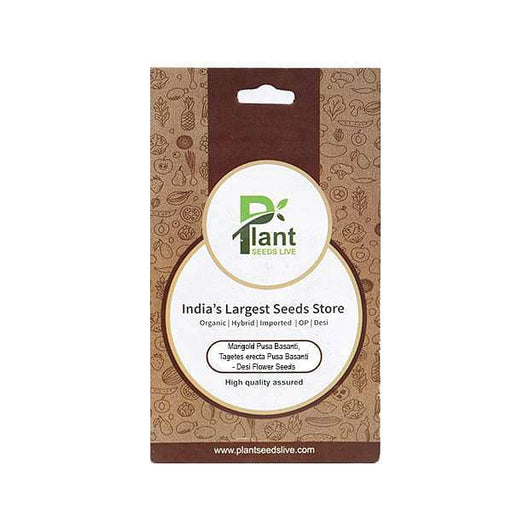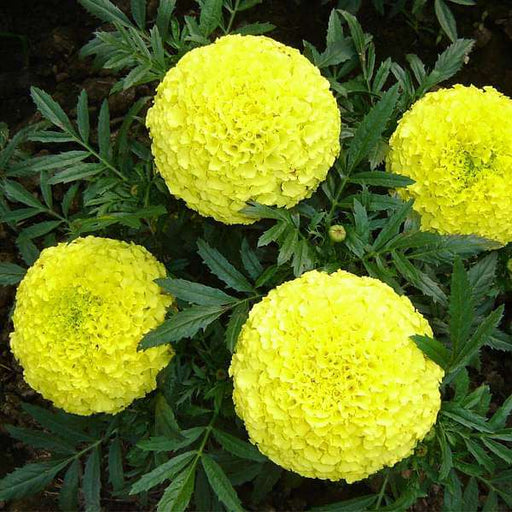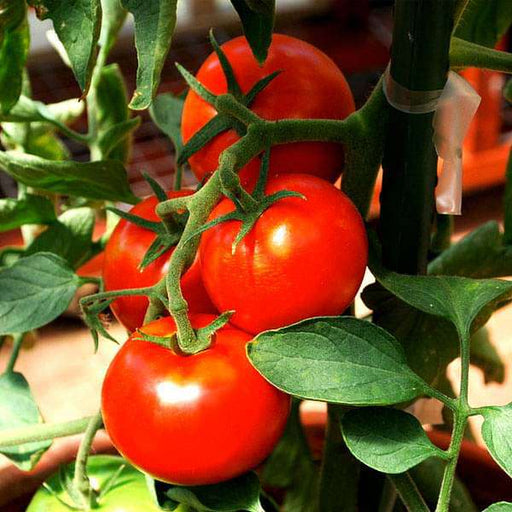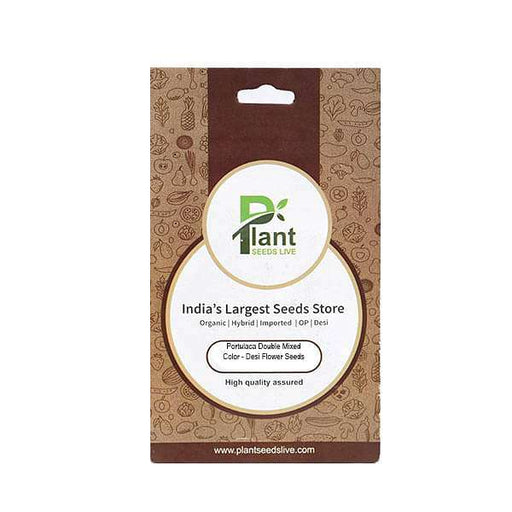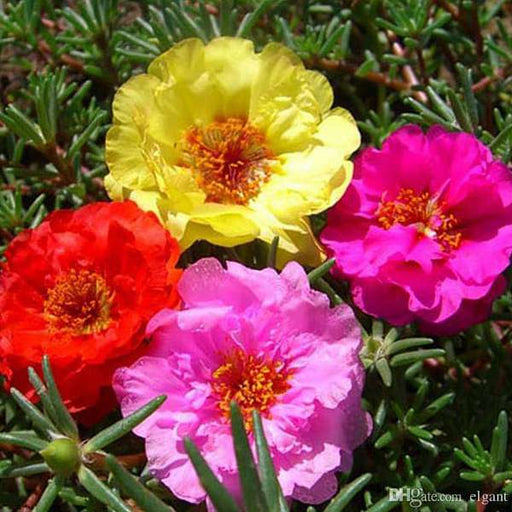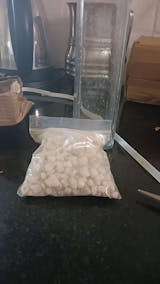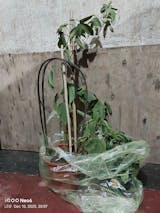Types of Grass Seeds
There are different types of grass seeds available, such as cool-season grasses, warm-season grasses, and turfgrass mixes. Each type has unique characteristics, growth requirements, and benefits. Whether you are looking for a lush lawn or a green pasture, understanding the different types of grass seeds can help you make informed choices for your planting projects.
Grass Seed Germination
Grass seed germination is the process by which a grass seed begins to grow into a new plant. The process involves the right conditions such as moisture, temperature, and light. Understanding the grass seed germination process is critical to successful grass planting.
How to Collect Grass Seeds
Collecting grass seeds can be a fun and rewarding activity. Whether you are looking to propagate your grass or start a new lawn, collecting grass seeds can be an excellent way to get started. However, it is essential to know the best time to collect grass seeds, how to store them, and how to prepare them for planting.
Grass Seed Blends
Grass seed blends are a combination of two or more types of grass seeds that are blended together to create a custom grass seed mix. Blends can be created to suit specific soil types, weather conditions, and lawn uses. By understanding the different types of grass seed blends, you can create a healthy and vibrant lawn that meets your specific needs.
How to Plant Grass Seeds
Planting grass seeds is a great way to grow a lush lawn or pasture. However, it is essential to know the right time to plant, the planting depth, and the proper soil conditions to ensure successful growth. By following some simple steps, you can plant grass seeds and watch them grow into a beautiful green landscape.
Grass Seedling Care
Grass seedlings require specific care to thrive and grow into healthy grass. Adequate watering, soil preparation, and sunlight are just some of the factors that contribute to successful seedling care. By learning how to care for grass seedlings, you can ensure that your lawn or pasture grows strong and healthy.
Grass Seed Dispersal
Grass seed dispersal is a critical process by which grasses spread their seeds for future growth. Different grass species use various methods of seed dispersal, including wind, water, animals, and gravity. Understanding grass seed dispersal can help you appreciate the role of grasses in our environment and improve your chances of growing healthy grass.
Grass Seed Banks
Grass seed banks are essential institutions that preserve and protect the genetic diversity of grass species worldwide. By collecting, storing, and sharing grass seeds, seed banks play a crucial role in maintaining healthy lawns, pastures, and supporting sustainable development. Learn about the role of grass seed banks and how you can support their work.
Grass Seedling Diseases
Grass seedling diseases can pose a significant threat to the health and growth of new grass. Fungal, bacterial, and viral diseases can cause damage to seedlings and prevent them from growing into mature grass. By understanding the common grass seedling diseases and their symptoms, you can take steps to prevent and treat them.
Grass Seedling Transplanting
Transplanting grass seedlings can be a challenging process, but with the right techniques, you can ensure successful growth. Timing, preparation, and careful handling are crucial for the transplanting process. Learn about the best practices for grass seedling transplanting and improve your chances of growing healthy grass.
Grass Seedling Fertilization
Fertilizing grass seedlings can help promote healthy growth and development. However, it is essential to understand the right timing, amount, and type of fertilizer to use. By following the correct fertilization practices, you can ensure that your seedlings grow into healthy, lush grass.
Grass Seedling Watering
Watering grass seedlings is an essential aspect of seedling care. However, it is crucial to understand the right amount and frequency of watering to prevent overwatering or underwatering. By providing adequate water to your grass seedlings, you can ensure their healthy growth and development.
Grass Seedling Pruning
Pruning grass seedlings is an important practice that helps shape and train the young grass. It also promotes the growth of a strong and healthy grass structure. By learning the basics of grass seedling pruning, you can improve the overall health and appearance of your lawn or pasture.
Grass Seedling Pest Control
Pests can pose a significant threat to the health and growth of grass seedlings. Insects, rodents, and other pests can damage the young grass and prevent it from growing into mature grass. By understanding the common grass seedling pests and their control methods, you can protect your grass and promote its healthy growth.
Grass Seedling Growth Rates
Grass seedling growth rates can vary depending on the species, growing conditions, and other factors. Understanding the growth rates of different grass species can help you plan and manage your planting projects better. By selecting the right species and providing optimal growing conditions, you can ensure the healthy growth and development of your grass.
Grass Seedling Root Development
Root development is a crucial aspect of grass seedling growth and development. Healthy root systems help the grass absorb water and nutrients, anchor the grass in the soil, and support its growth. By learning about the basics of grass seedling root development, you can ensure the healthy growth and development of your grass.
Grass Seedling Dormancy
Grass seedling dormancy is a natural physiological process by which the grass enters a period of rest and conserves its energy. Understanding the factors that influence grass seedling dormancy can help you plan and manage your planting projects better. By providing optimal growing conditions, you can promote healthy growth and development of your grass after the dormancy period.
Grass Seedling Propagation
Grass seedling propagation is a process of producing new grass from existing ones. It involves different methods such as sodding, plugging, and sprigging. Understanding the basics of grass seedling propagation can help you expand your grass collection and create new planting projects.
Grass Seedling Genetics
Grass seedling genetics plays a crucial role in determining the characteristics and traits of the new grass. Understanding the genetics of grass seedlings can help you select the right species and plan your planting projects better. By selecting the grasses with the desired traits and characteristics, you can ensure the healthy growth and development of your grass.
Grass Seedling Sustainability
Grass seedling sustainability is an essential aspect of planting and growing grass. Sustainable grass planting practices promote the health and growth of grasses while minimizing the impact on the environment. By using sustainable practices, you can ensure the long-term health and growth of your grass while contributing to the conservation of our planet's natural resources.

